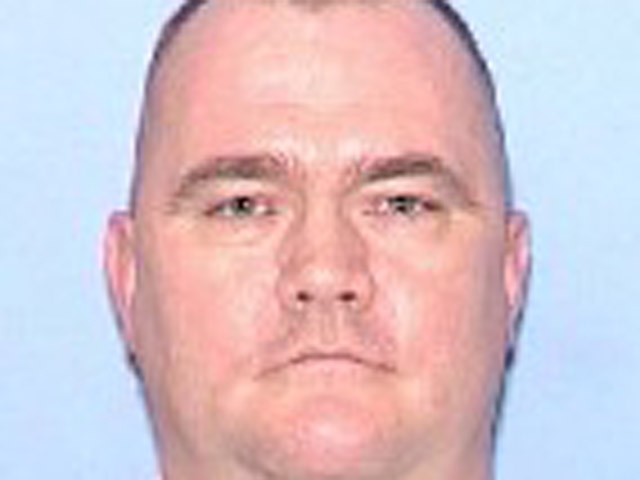Attorneys for two condemned Texas inmates accused state prison officials Wednesday of violating federal law for more than 25 years by improperly acquiring drugs used for executions.
The Texas Department of Criminal Justice has been buying drugs for lethal injections using a federal registration number assigned to a prison hospital that hasn't existed since 1983, according to letters sent to U.S. Attorney General Eric Holder and Texas Department of Public Safety Director Steve McCraw.
The allegations were raised by Maurie Levin, a University of Texas Law School professor, and Sandra Babcock, a law professor at Northwestern University. They represent Texas death row inmates Cleve Foster and Humberto Leal and pose the latest legal challenge to blocking Foster's execution, set for Tuesday. Leal has an execution date in July.
If the prison system is found to have violated the law, the federal Drug Enforcement Agency could revoke its permission to possess controlled substances and order the prison system to surrender any controlled substances, the attorneys said. That presumably could block lethal injections, at least for the near future.
"It's not just that they improperly obtained the drugs, they violated the law, for more than 20 years," Levin said.
"We will cooperate fully with any investigation," spokesman Jason Clark said from the prison system's headquarters in Huntsville. "We are still reviewing the allegations but are confident that we have not violated any state or federal law."
In their letters to Holder and McCraw, Levin and Babcock asked for an investigation of whether a DEA registration number assigned to the prison system's Huntsville Unit Hospital has been used to acquire the drugs the state has used for lethal injections for the past quarter-century. They said the hospital has been closed since 1983.
Local
The latest news from around North Texas.
"The Texas Department of Criminal Justice is charged with the secure custody of those who have broken the laws and the carrying out of executions by lethal injection," the attorneys wrote. "Any indication that they are violating the law is cause for alarm and immediate action."
They also contended the controlled substances used for executions were kept at the Huntsville Unit, where the punishments are carried out, by prison staff not authorized to possess them.
A day earlier, the inmates' lawyers filed suit challenging the state's change of a drug that would be used in the lethal mixture for executions, arguing criminal justice department officials failed to comply with proper administrative procedures when they announced two weeks ago that pentobarbital -- a drug used to euthanize animals -- would replace sodium thiopental as one of three drugs used in executions.
A nationwide shortage of the sedative sodium thiopental is prompting the drug change.

Foster would be the first Texas inmate to have pentobarbital used as part of the lethal injection.
Foster, 47, was one of two men linked to the slayings nine years ago of two women in Fort Worth. He's set to die for the February 2002 murder of Nyanuer Pal, 30, a Sudanese woman he and a friend met in a bar. Foster has denied any part in her abduction and shooting death.
Leal, 38, from Monterrey, Mexico, was condemned for the 1994 abduction, rape and beating death of Adria Sauceda, 16, of San Antonio.
The lawsuit, filed in state district court in Austin, seeks a hearing and a court order to block the new procedure and require executions be carried out under the previous rules mandating the now unavailable sodium thiopental as one of the drugs. There has been no action on it, Levin said Wednesday.
Oklahoma has changed its execution procedure to include pentobarbital as part of a similar three-drug mixture that also employs the paralytic drug pancuronium bromide and potassium chloride, which stops the heart. Ohio uses the pentobarbital exclusively to carry out its capital punishment. The procedure in each of those states has been cleared by courts.



